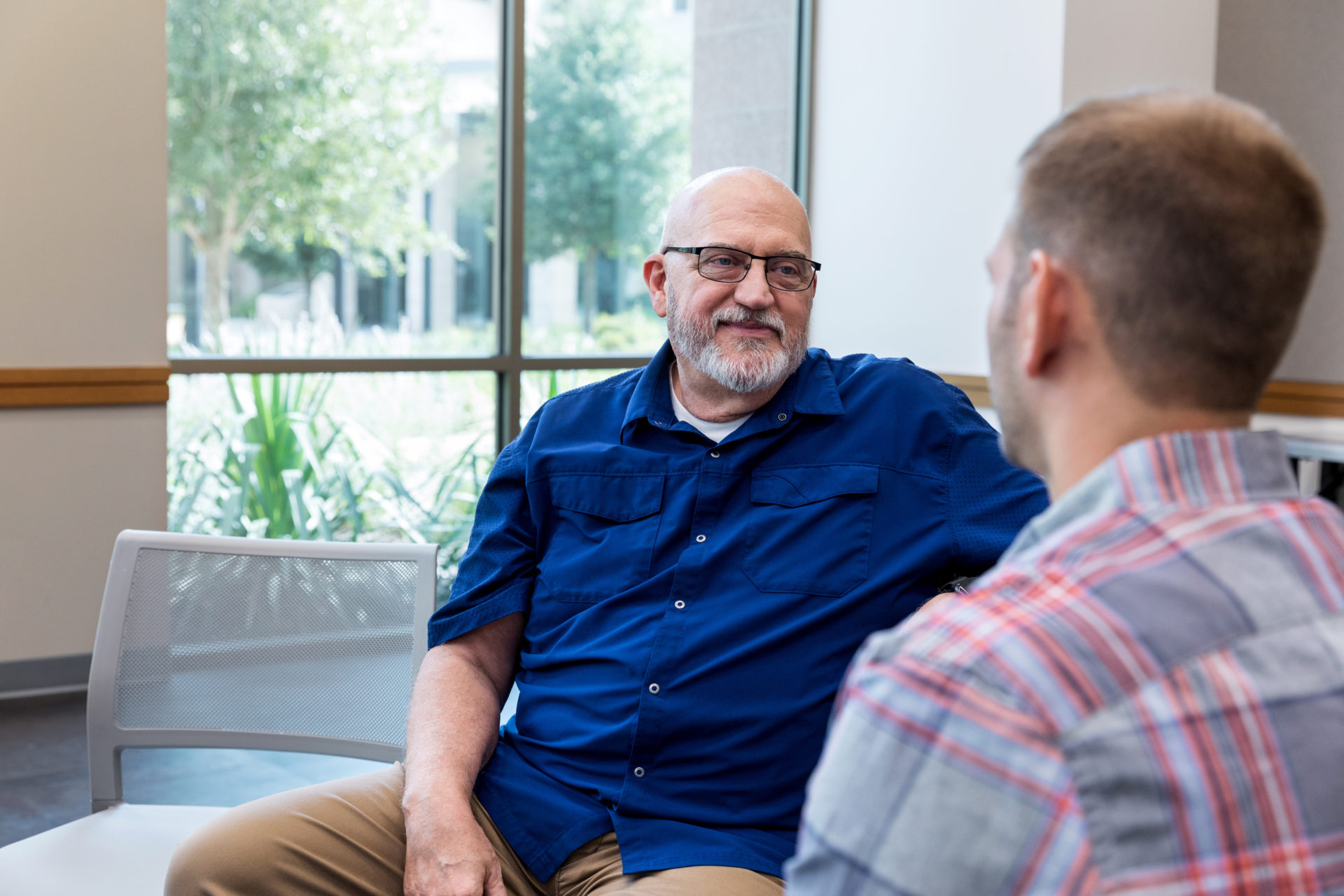If you are having or have had treatment to control the cancer
If you are having or have had treatment such as surgery or chemotherapy, you may feel hopeful that it will have positive results. But some people also feel anxious or scared before and during treatment, especially when they are waiting for the results of tests and scans.
It can be very hard living with uncertainty about how well treatment has worked. Some people worry about the cancer coming back or spreading.
It can also be hard when treatment finishes. If you had surgery to remove the cancer, other people may expect you to feel happy once treatment finishes. But you might be coming to terms with what you have been through. It can be hard to go back to “normal life.” Especially, if you are still recovering physically and emotionally. For example, you may feel differently about how your body looks and feels.
These strong emotions can be overwhelming. Try to be kind to yourself. Give yourself permission to feel down, upset, or angry. Not every day is going to be a good day and that’s ok.





